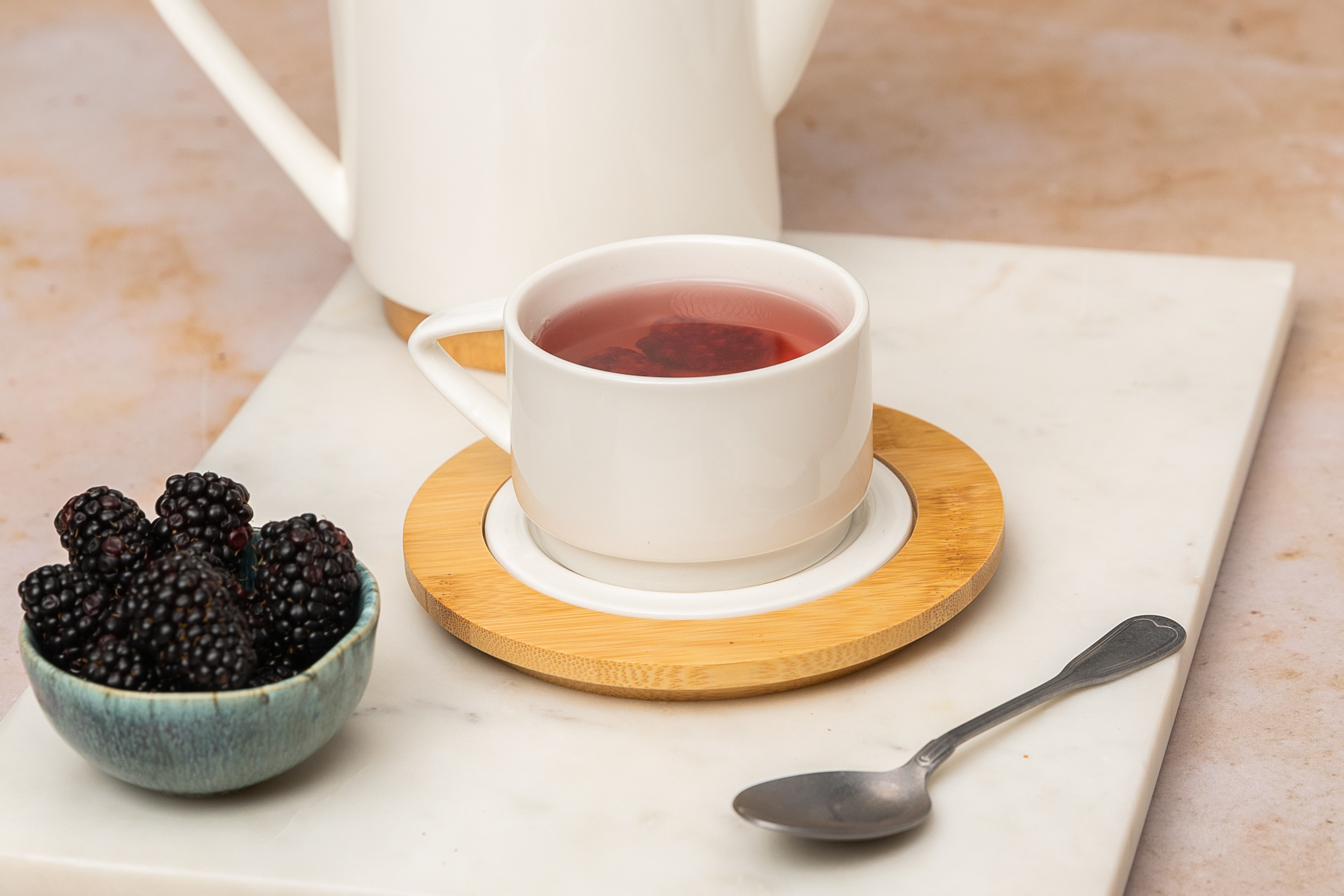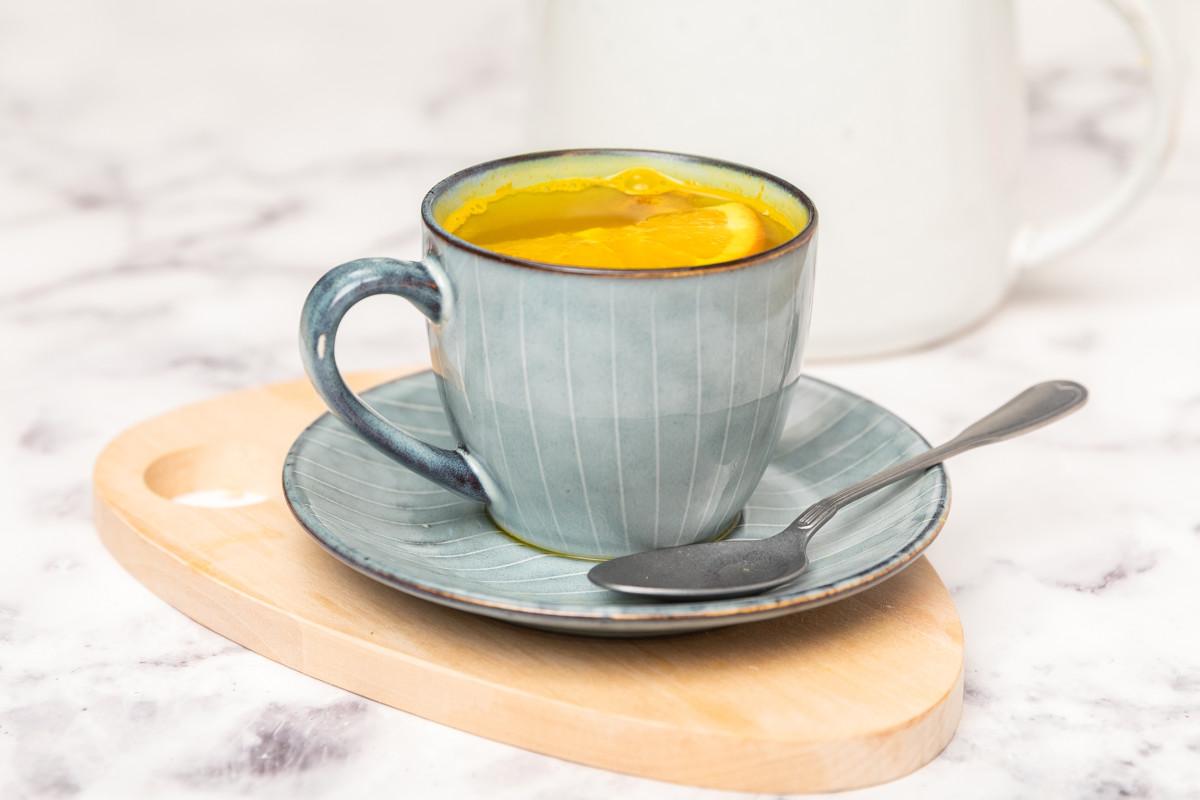

Cordelia Tan, is a passionate advocate for women's health and well-being. Known as Fasty's number one fan, she expertly blends Eastern and Western health practices, offering a holistic approach to diet and wellness. Her work focuses on empowering women with knowledge and practical strategies for a healthier life.
It’s generally acceptable to consume unprocessed teas without any additives like milk or sugar during a fast. Tea is a healthy beverage that may even help with your fasting goals. And the best part? There's a wide variety of teas to choose from. Some teas, like black and oolong tea, have caffeine. However, if you want to avoid caffeine during your fast, you have plenty of decaffeinated options.
The calories in a cup of tea depend on what you’ve added to it. Contrary to popular opinion, tea isn't exactly calorie-free when consumed with just water. That said, the calories are negligible. For instance, a cup of black tea brewed in tap water has about 2.37 kcal.
In addition to the traditional black, green, and white teas, herbal teas that are infusions of leaves, dried fruits, buds, and flowers are almost calorie-free.
The calories in a cup of tea increase when you add milk or sugar. A hot cup of milk tea, which has equal parts tea and milk, has 122 kcal and over 20g of sugar.
When fasting, particularly for weight loss, keeping track of every calorie you consume is crucial. If you struggle to log your calories, the Fastic app can help. It’s designed specifically to help make intermittent fasting effective. So, use it to log everything you eat or drink, including your teas.
Tea brewed with water and without additives won’t break your fast. That’s mainly because it doesn’t have any calories. But if the tea has sugar or milk, it can break your fast, as the sugar will stimulate an insulin response. As a result, your body will no longer be in ketosis.
If you must sweeten your tea, you may opt for an artificial or natural sweetener with zero calories. However, moderation is advised, particularly with artificial sweeteners, as many commonly used ones, like sucralose and aspartame, may contribute to changes in gut microbiome in the long run. Although this effect has yet to be fully confirmed, it’s best to limit artificial sweeteners if you’re fasting for weight loss.
Avoid any prepackaged, ready-to-drink teas, as they mostly contain a high amount of sugar. It’s best to brew your own with leaves or tea bags.

Tea is safe to drink while fasting, but you must not overconsume it, especially if it’s caffeinated. While caffeine can give you a boost of energy during your fast to get through the day, an excess of it can cause issues. These may include dehydration, anxiety, and insomnia.
Limit your tea consumption to three cups daily, ideally spaced by several hours. The same is recommended for herbal teas that are healthier than your average black or green tea. Just because it’s good doesn’t mean you can have it all the time.
If fasting for a long period, say 24 to 48 hours, you may consume more than three cups. Also, ensure you hydrate yourself with water and perhaps an electrolyte drink.
The Fastic app can remind you to drink water every hour and ensure your fast doesn’t lead to dehydration. You can easily set water reminders on the app and always keep a water bottle.
Tea can also be a great beverage for intermittent fasting because of its health benefits. The exact benefits vary by the type of tea, but, in general, simple, unsweetened tea may help your fast go easy and help you achieve your goals.
Teas without caffeine can help you stay hydrated.
A cup of tea may help curb your hunger during a fast.
Peppermint and ginger teas are good for digestive health and can deal with symptoms of digestive disorders like irritable bowel syndrome.
Some teas, like chamomile, can be calming and may help you sleep better.
Of course, there are so many choices for tea, but which ones are the most suitable for consumption during a fast? Here are some that are safe to drink while fasting:
Black tea
White tea
Green tea
Oolong tea
Lemon and/or ginger-infused tea
Rooibos tea
Hibiscus tea
Peppermint tea
Moringa tea
Black, white, oolong, and green tea are traditional teas made from the plant Camellia sinensis. The difference between these teas is the level of fermentation. White and green tea are minimally fermented, oolong is partially fermented, and black tea is fully fermented.
You can also find various flavor-infused varieties of green tea, which can make the taste pleasant.
Other teas, like rooibos, hibiscus, and moringa, are all herbal. Like tea from the tea plant, these ones are also rich in antioxidants. However, they’re not caffeinated. Herbal teas can offer other benefits like disease prevention.
It's recommended to drink tea during your fast and eating period. It’s a healthier choice than other zero-calorie drinks like diet sodas.
Disclaimer: It’s advised to speak with a health professional before beginning intermittent fasting or a diet program. There may be side effects for people with certain medical conditions.
With Fastic, millions of people have achieved their desired weight, overcome disease and regained their quality of life.
Take the Quiz